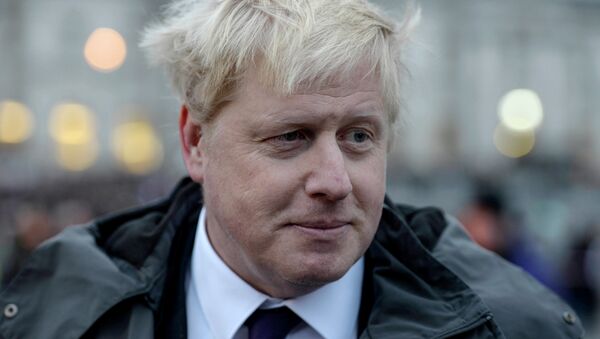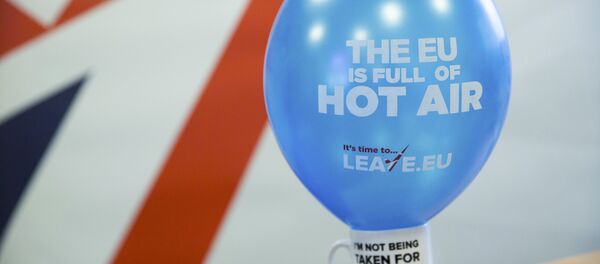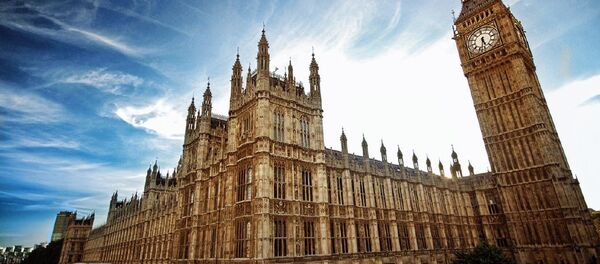“After a great deal of heartache…I will be advocating ‘Vote Leave’ or whatever the team is called,” Johnson told reporters, citing the desire to “take back control” from the 28-member bloc.
The Vote Leave campaign tweeted “welcome aboard” immediately following Johnson’s press conference, while the Sky News broadcaster said Cameron was "furious" with the decision.
Welcome aboard, @BorisJohnson! #VoteLeave pic.twitter.com/gbLLc6Nk19
— Vote Leave (@vote_leave) February 21, 2016
Seen as one of the favorites to succeed Cameron as the next Conservative Party leader, Johnson joins the ranks of Work and Pensions Secretary Iain Duncan Smith, Justice Secretary Michael Gove and other allies known as the “Group of Six.”
Cameron sought to revise the terms of his country's EU membership, focusing on four main issues: shifting power away from EU authorities to the UK national legislature, exempting Britain from the EU "superstate" principle, stripping the euro of the single official EU currency status, and protecting the British economy by keeping eurozone members away from non-eurozone countries’ affairs.
After reaching the deal, Cameron argued that the United Kingdom would be "safer and stronger" within the European Union.




